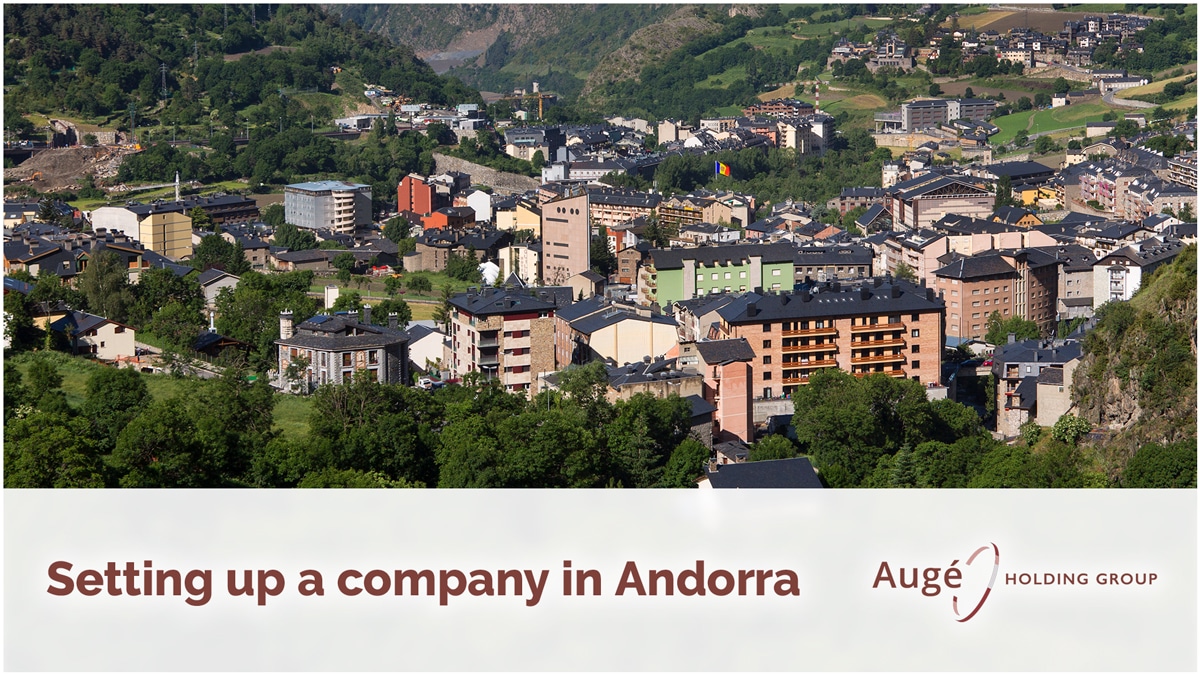…what was needed was to create a climate of trust for investors and developers, who should be motivated and incentivized to promote affordable rental housing, as demanded by the market and the population.
A few days ago, a group of professional associations related to the real estate and construction sector, alarmed by the start of the parliamentary process for the draft law for sustainable growth and the right to housing, or “Omnibus Law,” issued a statement that, among other critical points, highlighted that this draft law violated the rights of companies, given the possibility that some businesses might be forced to close due to the disappearance of their main activity. This could be the case for tourist accommodations, some of which may lose their licenses. Although the measure sought to introduce between 500 and 600 homes into the market, in practice, this and other measures would result in job losses and a reduction in housing supply. Furthermore, the statement also noted that most of the proposed measures to increase housing supply were not the result of thorough and measured study. On the contrary, what was needed was to create a climate of trust for investors and developers, who should be motivated and incentivized to promote affordable rental housing, as demanded by the market and the population.
Regardless of the alarmist view that the Omnibus threatens more than 4.000 families working in the real estate and construction sectors, which may be somewhat exaggerated, what is true is that this draft law destabilizes rather than stabilizes the country’s market and economy. In fact, there are other more effective and less painful alternatives for those whom our leaders claim must “sacrifice” for the general interest, an interest that ceases to be “general” if it harms a significant portion of the population.
Of course, what has been sold to the public is that everything is the fault of “real estate speculation” and that this “enemy” is so large that the measures proposed in the draft law are not sufficient. The amendments presented further demonize foreign investment and its primary presumed effect on the housing issue, namely speculation.
First consideration: Who is really speculating? Foreign investors and now residents of less than 3 years? Or perhaps also nationals, permanent residents, or those who have lived in the country for more than 3 years? Because for the latter, it does not seem that the restrictive measures could affect them beyond the increase in tax rates on real estate capital gains. Another thing is whether the underlying sentiment is the old idea that “Andorra is for Andorrans” and, I add, “for residents of more than 3 years.”
Second consideration, this time historical: The global crisis of 2007 also had a significant impact on Andorra and was accompanied by the crisis of the country’s economic model, which had already begun in the early 2000s. In terms of tourism, it is worth noting that during those years, we went from a record of 12 million tourists to a drop to 7 million in 2009. But at the population level, the near halt of construction led to a 10% drop between 2009 and 2011, representing 8.000 fewer inhabitants. Consequence: a lot of empty flats all over the country, also in the center, which were rented out in very cheap conditions and in fact, many of these flats are now occupied by the same families, even in much more favorable conditions than those that have prevailed in the market over the years.
Faced with this extreme situation, the Andorran government decided in 2012 to liberalize foreign investment, hoping that the arrival of outside investment would liberalize our economy and thus allow its recovery. Initially, it must be said, we were not taken very seriously abroad, and we did not see the expected influx. The private sector and the public sector made great efforts to attract new sectors, but it was only from 2019-2020 that the actions undertaken by Andorra Business and the arrival of digital and technological talent began to bear fruit, although not with high-value-added groups. However, the pandemic changed the world and also the perception of Andorra. Since then, strengthened by growing international respect and the shift in lifestyle, Andorra has become a truly attractive jurisdiction. It is precisely this attractiveness that now seems to be our main enemy, against which we must protect ourselves with normal omnibus laws and others further aggravated by demagogic amendments. And I say demagogic because preventing foreign investment goes against what any other country would do to consolidate its economy, and thinking that we don’t need anyone from outside, that we can “speculate” ourselves from home, is misguided.
But what is the real issue? Alright, let’s get an occupancy permit or directly expropriate and renovate at the owner’s expense, or reclaim an apartment that was previously a tourist accommodation. It’s a 150m² apartment in the center of Andorra la Vella, a penthouse with views and a terrace, 4 bedrooms, and which would now have a rental price of €2.500. Well, we’ve got it, and now we put it on the rental market at what “affordable price”? €800 for 5 years? I don’t think so. I doubt the owner is willing to rent it at 2011 prices. I even think that would be unfair and disproportionate.
I could give many examples that would make the Omnibus absurd, and of course, its failure would lead to further extensions until 2027. So, the situation is serious, and there isn’t much time to react.
But there are solutions and a strategy to follow. Let’s start with the National Housing Institute, which should be given functions and instructions to practically address the issue of creating affordable housing. First, a thorough study must be carried out to determine the real housing needs of the country. Do we know how many extended contracts will expire in 2027 and what type of housing (location and size) they represent? Do we know the additional housing needs for young people who want to move out of their parents’ homes or retirees who will not have access to housing based on their pension level? Do we know the real needs by parish and the projection of these needs made by the various municipalities? Once that is studied, have we analyzed the impact the Omnibus measures and their supplements could have on society and the country’s economy? Let’s conduct this study.
With this study in hand, the reference institute will know relatively easily whether from Sant Julià to Pas de la Casa, it is necessary to build 1.000, 2.000, or 3.000 new homes, and how many of these homes in each parish.
Once this is studied, let’s move on to action in the form of a strategy: essentially, we can focus on two types of models: 50-60m² homes with 1 or 2 bedrooms, and 80-90m² homes with 2 or 3 bedrooms.
Let’s imagine each parish creating its own Strategic Residential Zone (ZRS), with homes (living units) surrounded, where possible, by nature and minimal infrastructure (gardens, gyms, multipurpose spaces…), and these homes being developed through public-private collaboration, on zero-cost land, using rapid, efficient, sustainable, and much cheaper construction techniques than conventional buildings. With this model, we can achieve the final goal: rentals of €600 and €800, respectively. Verified and available for those who request them.
Finally, as I have mentioned several times before, it wouldn’t hurt to take advantage of our neighbors’ experience and import the cooperative model: zero-cost land, construction costs financed by a local bank in collaboration with the government, and repayment of the financial cost through 50-year rents paid by the cooperators.
Of course, this doesn’t stop here. In future articles, we will develop these ideas further. TO BE CONTINUED!




